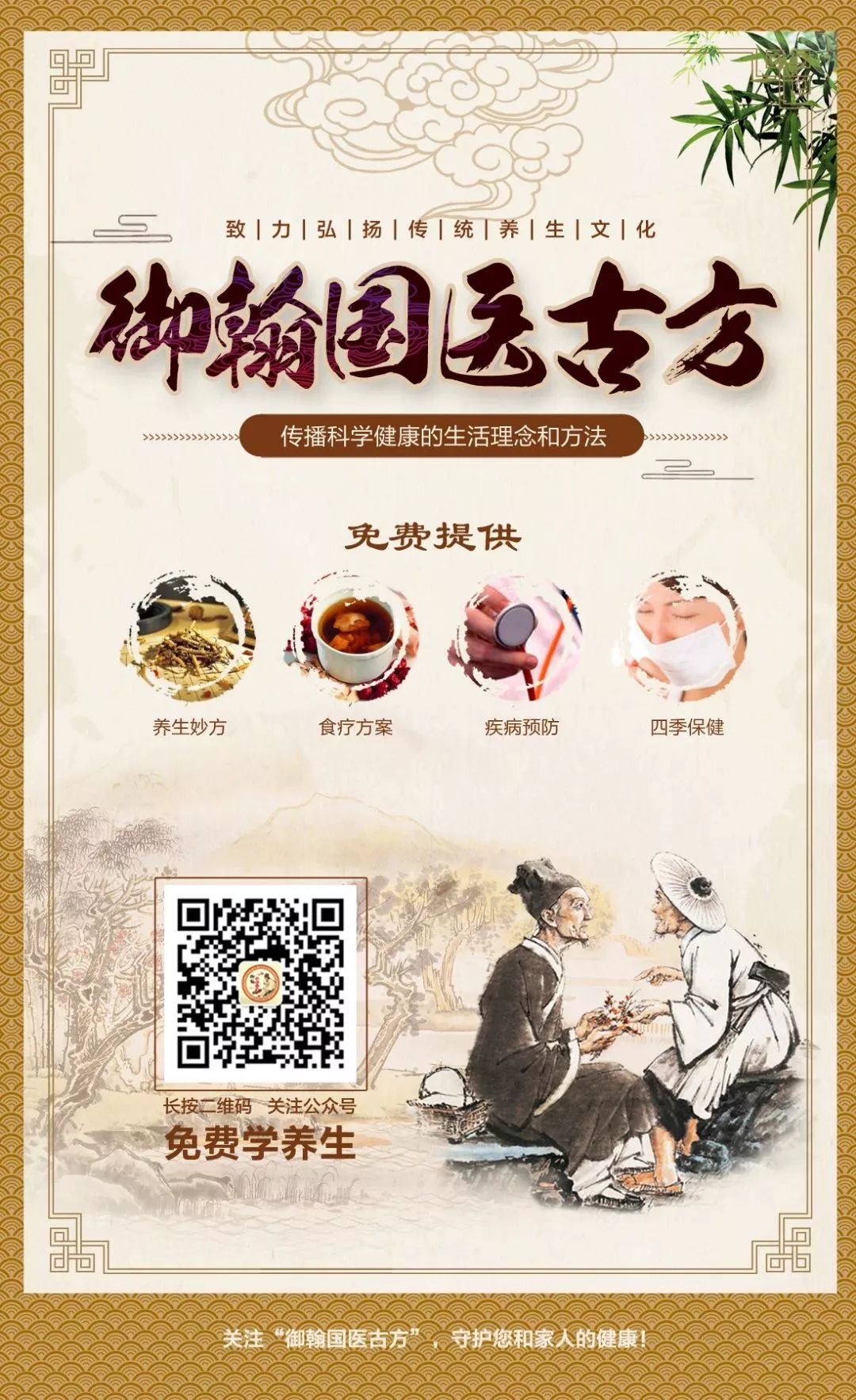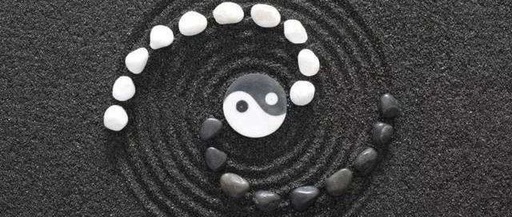
“Hot Springs and Saunas”
are currently popular methods for health maintenance.
Soaking and steaming, sweating it out
can accelerate blood circulation and relax muscles,
making it a good way to relieve fatigue.
However, for certain groups of people,
this may not be suitable.
Those with Yin deficiency should be cautious.
Traditional Chinese Medicine (TCM) believes that sweat is the “fluid of the heart”; excessive sweating can lead to depletion of Qi and damage to Yin.
When soaking in hot springs, it is easy to sweat, and in saunas, whether dry or wet, one cannot avoid excessive sweating. While most people can tolerate this, those with a Yin-deficient constitution already have insufficient Yin fluids, so they cannot withstand such strain.
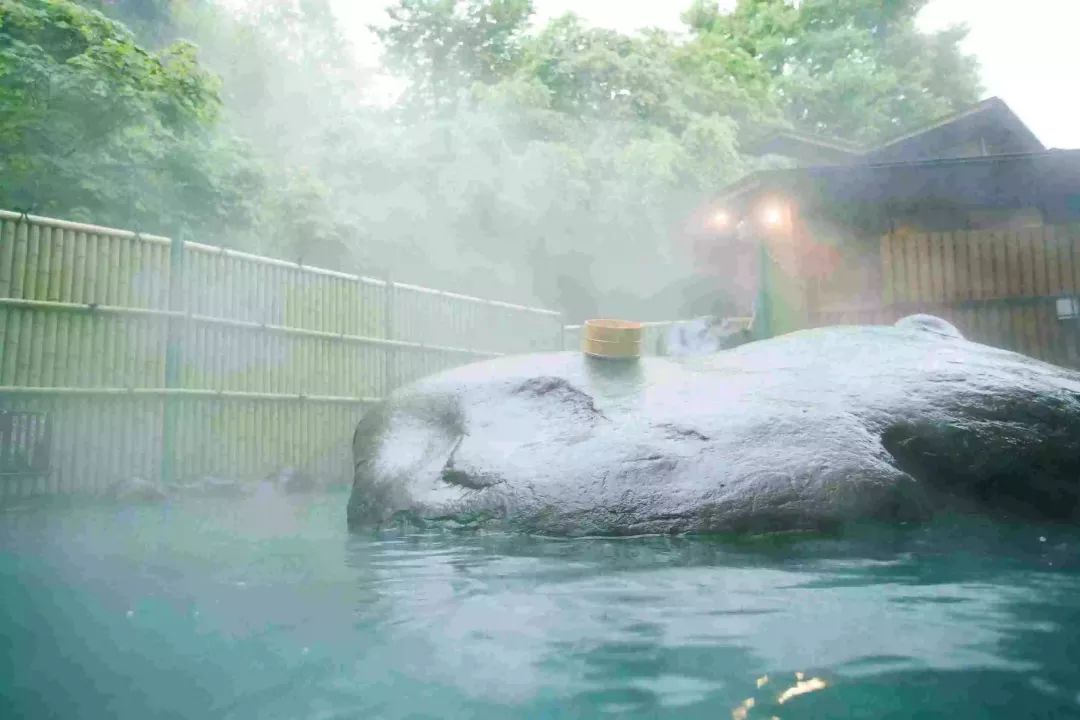
Individuals with Yin deficiency should avoid high-temperature hot springs and sauna sessions that induce strong sweating. They should choose pools with suitable temperatures and limit the duration of soaking in hot springs or steaming in saunas, stopping when they start to sweat lightly, and promptly dressing to keep warm.
During this time, it is important to drink plenty of water to replenish body fluids, and after enjoying the experience, apply moisturizer to maintain skin hydration.
What are the symptoms of Yin deficiency?

Yin Deficiency Constitution primarily refers to a state characterized by a deficiency of bodily fluids, essence, and blood, with manifestations such as internal heat due to Yin deficiency.
Yin fluids refer to all nourishing liquids in the body or the essence of the organs. In terms of the nature of fluids, they are thick and turbid, belonging to Yin, hence called Yin fluids. Blood, sweat, semen, and saliva are all considered Yin fluids.
Water belongs to Yin; if there is insufficient Yin fluid in the body, it is like a spring without rain, losing the irrigation of the land.
At this time, the heart, liver, kidneys, and other organs, as well as the eyes, ears, nose, and skin, all lose moisture, and the source of life-nourishing fluids dries up, leading to a series of dryness and heat-related symptoms, resulting in various ailments.
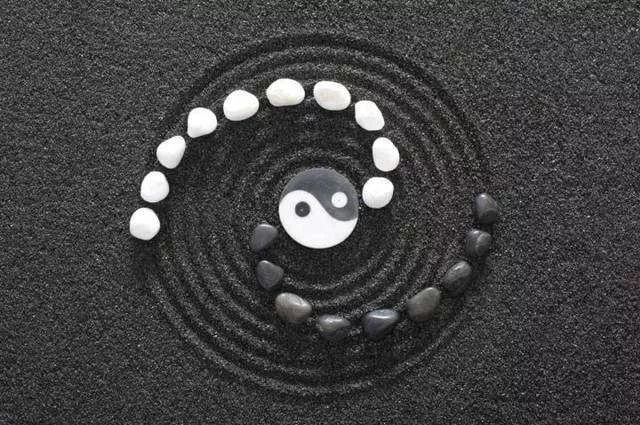
◆◆Characteristics of Yin Deficiency Constitution◆◆
【Causes】
Congenital deficiency, prolonged illness with blood loss, excessive indulgence depleting essence, and accumulated labor damaging Yin. For instance, if family members tend to be thin, if parents were weak during conception, or if there were premature births or previous hemorrhagic diseases.
【Physical Characteristics】
Body Characteristics: Slim and elongated physique.
Common Manifestations: Warm palms and soles, prone to dry mouth and throat, slightly dry nose, thirst with a preference for cold drinks, dry stools, red tongue with little moisture and coating.
Other Manifestations: Flushed complexion with a feeling of heat, dry and gritty eyes, blurred vision, slightly dry lips, dry skin prone to wrinkles, dizziness, tinnitus, poor sleep, short and scanty urination, and a thin, wiry or rapid pulse.
Psychological Characteristics: Impulsive temperament, extroverted and active, lively.
Tendency to Illness: Prone to conditions of Yin deficiency and dryness heat, or symptoms of Yin deficiency after illness.
Adaptability to External Environment: Generally intolerant to heat, can endure winter but not summer, and cannot tolerate dryness.

Life Maintenance: Avoiding Heat and Dryness
The key to health maintenance for those with Yin deficiency is to nourish Yin and clear heat, nourishing the liver and kidneys. Among the five organs, the liver stores blood, and the kidneys store essence, so the focus should be on nourishing the liver and kidneys.
Diet
Eat more sweet, cool, and moistening foods, such as lean pork, duck, turtle, soft-shelled turtle, mung beans, winter melon, sesame, and lily bulbs. Avoid foods that are warm, dry, and pungent, such as lamb, dog meat, leeks, chili, scallions, garlic, and sunflower seeds.
Emotions
It is advisable to control emotions, remain calm in situations, and correctly face both favorable and adverse circumstances. Engaging in activities like calligraphy, chess, or traveling can help soothe the mind and cultivate emotions. Listening to soft, gentle, and lyrical music can also prevent anger.
Sleep
TCM believes that tranquility can calm the spirit and generate Yin. Sleep is very important for the health of those with Yin deficiency. For individuals with Yin deficiency, ensuring quality sleep, avoiding staying up late, and maintaining regular sleep patterns are fundamental health principles.
Maintain a certain amount of rest during the day, and soak feet in warm water before bed, along with regular foot massages to promote sleep.
Exercise
Moderate intensity is best, focusing on nourishing the liver and kidneys, such as practicing Tai Chi, Tai Chi sword, or Ba Duan Jin, which combine movement and stillness.

Dietary Recommendations for Yin Deficiency
In general, individuals with Yin deficiency should consume foods that nourish kidney Yin, focusing on nourishing Yin and subduing Yang.
Most Suitable Nourishing Foods
White Fungus
Also known as silver fungus. Rich in plant-based polysaccharides, it has the effect of nourishing Yin and benefiting the lungs.
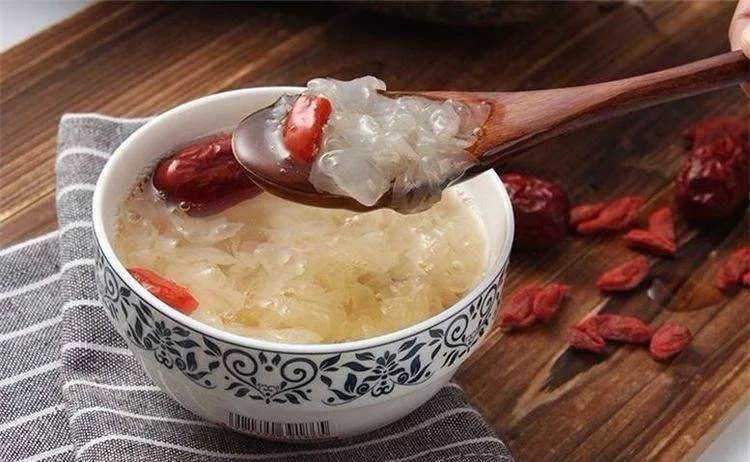
Wild Lily Bulb
Also known as small lily bulb. It is very small, slightly bitter, cool in nature, and benefits the lungs; it is best consumed regularly.
Yellow Soybeans
Yellow soybeans are one of the most effective nourishing foods among vegetarian options, but they are not easily digested, so they are best used in soups, which are both tasty and easy to digest.
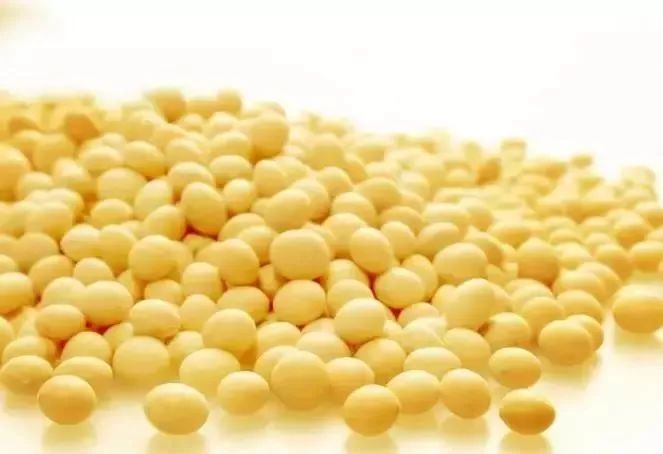
Raw Pears and Lotus Root
Raw pears are excellent for moistening the lungs, while lotus root is beneficial for generating and nourishing blood, both of which are very suitable for those with lung and Yin deficiency. They can be consumed in various ways, such as stewed with honey, boiled with sugar, or eaten raw.
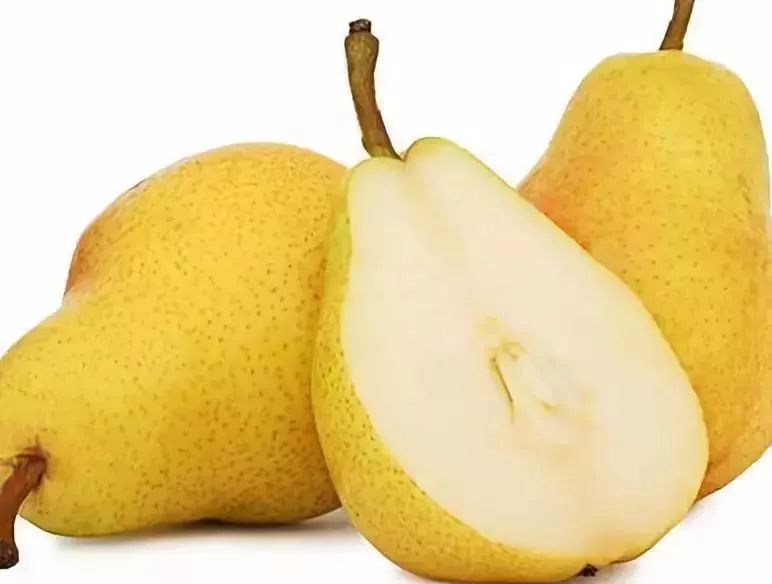
Iron Wire Dendrobium
A product that nourishes Yin and clears heat. For those lacking fluids and experiencing heat in the palms, it can be brewed as a tea.
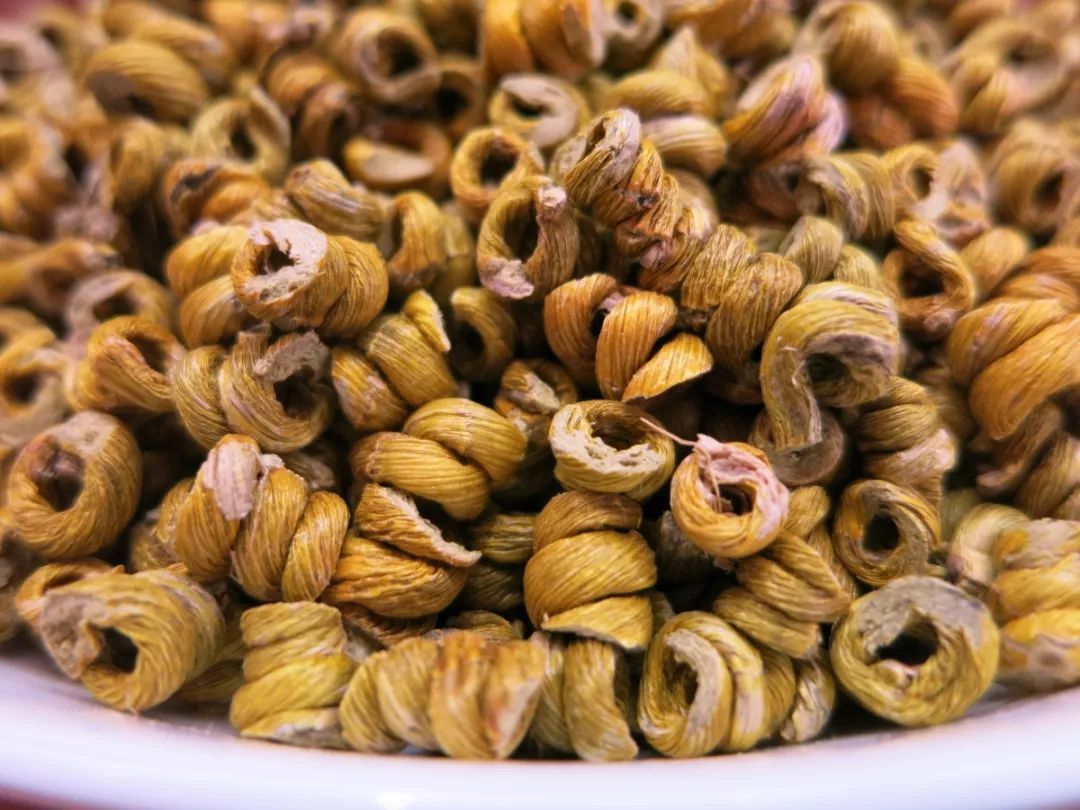
Foods to Avoid
Spicy Foods
Ginger, chili, spicy tomatoes, mustard, pepper, and all spicy foods should be strictly avoided.
Foods that Cause Reactions
Crab, shrimp, fennel, mustard greens, cilantro, lamb, sour foods, yellow fish and sea fish, apricots, dried longan, and the above items are all too hot and should not be consumed.
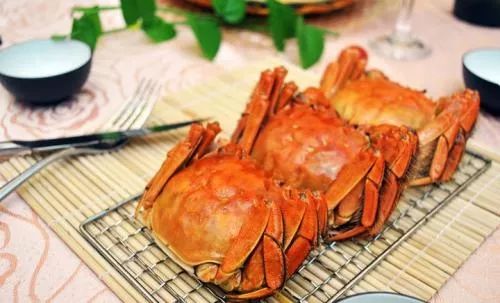
— Today’s Interaction —
What other methods do you know for regulating Yin deficiency?

● Green bean soup is refreshing, but there are some people who should not drink it often!
● Adding one ingredient to porridge can detoxify and beautify; women should eat more!
● Drink these 8 soups frequently in summer to reduce illness; they are simple and practical!
● To dispel dampness in summer, boil a treasure in water; it is effective for removing dampness!
● Eating the right foods nourishes, while eating the wrong ones harms; do not eat fruits randomly in summer!
● Three tips can help replenish Qi and blood throughout the body; women should learn these!
● Please check your dietary therapy checklist!
— THE END —
